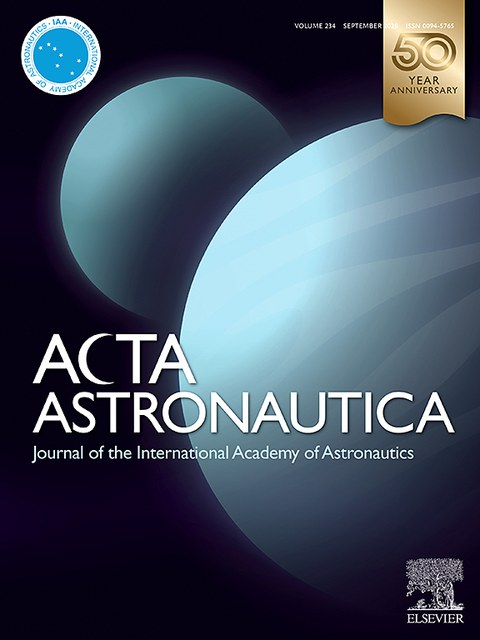Aug 06, 2025
Publication in Acta Astronautica
In their article recently published in Acta Astronautica, Sebastian Fehler, Lars Hornuf and Daniel Vrankar analyze how citizens of the nine countries with the world's highest space budgets rate current and future space activities. Based on a survey of over 2,000 participants, the study reveals clear differences between "established" and "emerging" space nations: While respondents in dynamically growing spacefaring nations such as China or India prefer prestigious manned missions, people in established spacefaring countries such as Europe or the USA tend to favor more cost-effective, robotic missions that deliver scientific returns without the additional expense of a crew.
Regardless of national affiliation, however, Earth-related activities rank first: climate monitoring and the search for near-Earth asteroids enjoy the highest popularity and are well ahead of lunar or Mars projects. Compliance with international space law is also favored by a majority of respondents; a special feature is evident in India, where 17 percent of respondents are in favor of disregarding existing treaties. In the other countries the figure is only around five percent. The results provide governments, space companies and space agencies with valuable information for mission planning, recruitment and public relations work.

